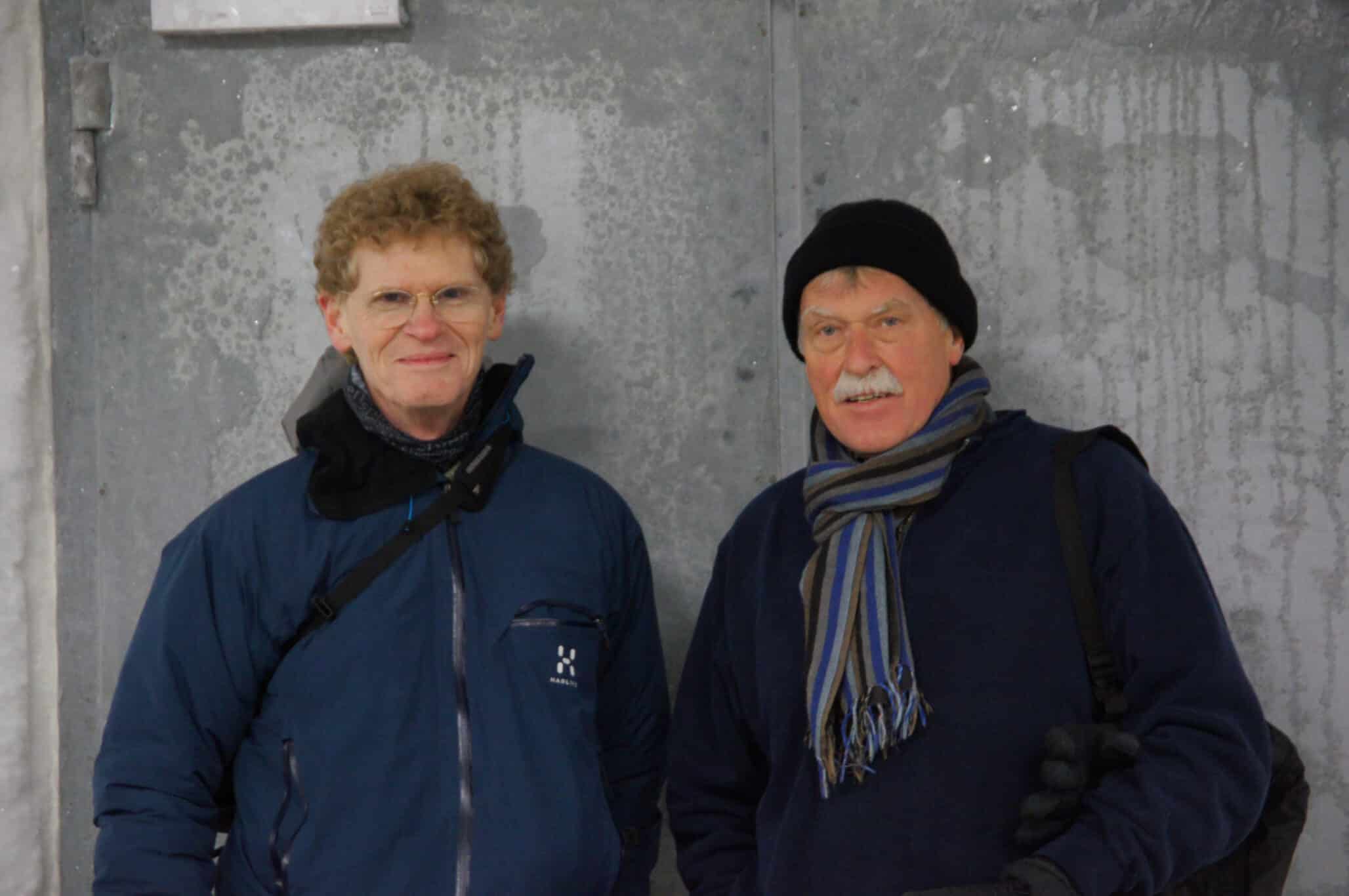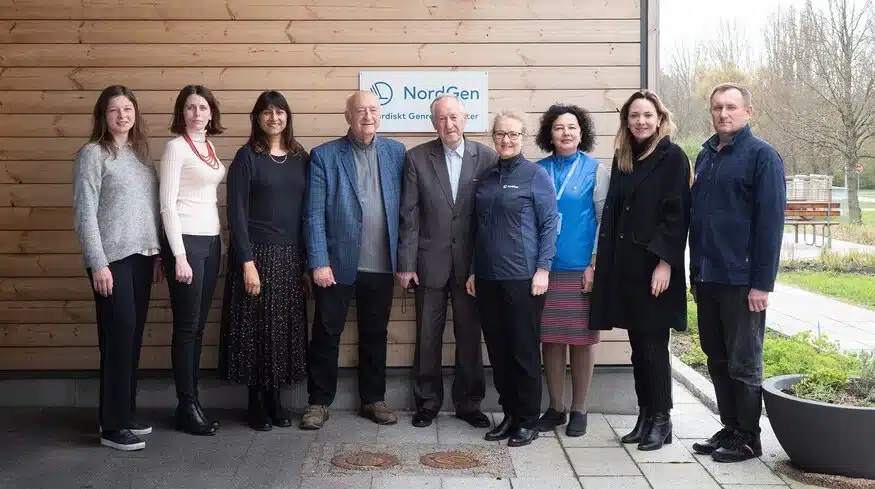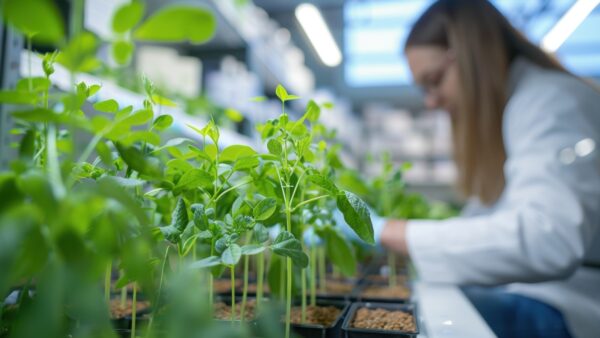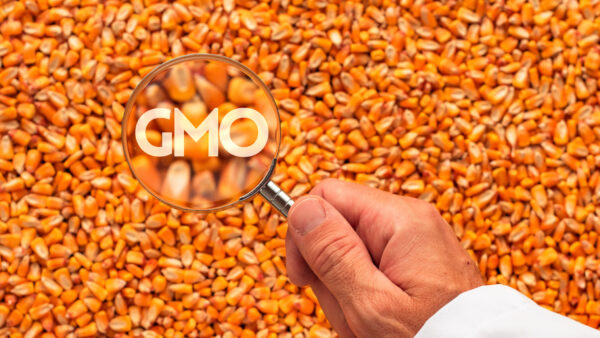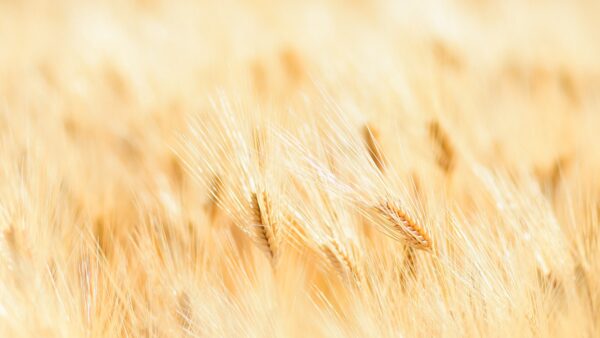There will soon be a little bit more of Taiwan in Norway.
On Wednesday, 19 May 2021, a shipment of seed from the World Vegetable Center (WorldVeg), an international agricultural research institute with headquarters in Shanhua, Taiwan, was sent to the Svalbard Global Seed Vault, the long-term seed storage facility designed to protect the world’s agricultural diversity and heritage.
Built to withstand natural or man-made disasters, the Svalbard Global Seed Vault is operated by NordGen and The Crop Trust. The vault is located in the Norwegian archipelago of Svalbard in the remote Arctic.
The annual seed shipment from the WorldVeg Genebank demonstrates Taiwan’s commitment to the international community and Taiwan’s contribution to helping secure the future of agriculture.
WorldVeg maintains the world’s largest public collection of vegetable seed. The seed is available to research institutions, farmers, and seed companies worldwide.
WorldVeg has been an active participant in the Svalbard Seed Vault since its founding in 2008. “We have 17,736 accessions (seed samples) already stored in the vault,” said Maarten van Zonneveld, WorldVeg Genebank manager. “With this shipment, we’ll bring that number to 29,507 accessions — about 45% of our total collection.”
By 2025, WorldVeg aims to have at least 90%, if not more, of its active collection duplicated in the seed vault.
“This vast collection, with nearly 65,000 accessions representing 456 species from 158 countries, provides the genetic diversity needed to improve vegetable crops, which are a vital source of nutrients for the human diet,” said Marco Wopereis, WorldVeg director general.
“We take our stewardship of this precious resource very seriously,” said van Zonneveld. “By placing duplicates of the seed in the WorldVeg collection in other genebanks and in the long-term storage at Svalbard, we can help ensure its safety, now and in the future.”
Protecting such a special collection is particularly important as the climate changes. The genetic diversity represented in the seed may hold the answers to humanity’s need for heat- and drought-resilient vegetables.
Preparing a seed shipment for storage in the vault’s cold rooms requires planning. The WorldVeg Genebank team began growing the specific species for seed collection in September 2019 and the seed was harvested in January 2020. After harvesting, seeds were cleaned and dried for three to six months, depending on the crop species, to ensure the proper moisture level for long-term storage. The seed is then packed in foil envelopes, which are sealed and placed inside hard plastic bins.
The shipment, with 48 species represented, will take approximately 10 days to arrive in Svalbard.
The Svalbard Seed Vault follows “black box” agreements with depositors like WorldVeg. Only depositors can access and use the seed stored in their boxes. The seed is not touched without permission from the depositor and is returned on request should the original collection be lost or destroyed. “It’s up to us to ensure the seed we send to Svalbard is of high quality,” said van Zonneveld. “We monitor seed viability and regenerate and replace seed as it ages.”
Source: World Vegetable Center



